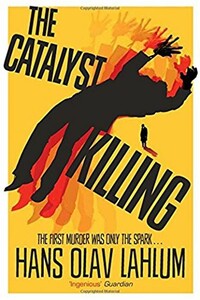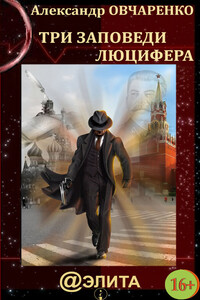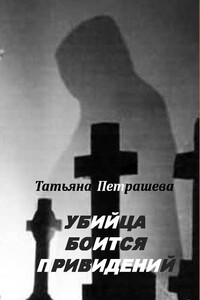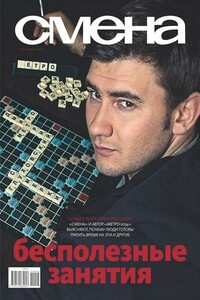Satellite People | страница 117
He looked out of the window again as he said this. I was about to put my hand on his shoulder, but then changed my mind. The situation felt fraught enough as it was, without any physical contact.
‘It’s so sad that Leo is dead. I miss him terribly already and it hasn’t really sunk in that he’s gone. But in a way, it might have been worse if he had to live his whole life constantly having to hide who he was. On several occasions we talked about the possibility that maybe, towards the end of our lives, society might have changed so much that people like us could show our love without fear or shame. I am an optimist and believe that it will happen. Leo was not so certain. He could be quite the pessimist, no doubt thanks to his family and upbringing. There had not been much joy in his life. And now it’s over. And I, the great love of his life, have nothing to remember him by. I don’t even know if I dare go to the funeral.’
The tears were running down his cheeks now. He tried to disguise it with a shallow cough, and then dried his face with a light-blue handkerchief.
‘So I sincerely hope that you will find whoever killed him. I think it must have been someone in his family, but have no idea who. His father would have been my prime suspect, had he not already been murdered himself. You only have to ask if you have any more questions, but to be honest, I am not sure that I have anything more to tell.’
He answered the remaining routine questions clearly and concisely. Leonard Schelderup had been frightened by the threatening telephone call, but had not said who he thought it might be. It looked as though he had had another visitor earlier in the evening, but he had not wanted to say who it was or what they had discussed. There had been cups and plates on the table when he arrived, and they were still there when he left.
In answer to my final question regarding his own alibi, the man opposite me said that his wife and perhaps his two older children would be able to verify that he came home at ten to midnight.
It was only then that I fully understood the absurdity of the situation. But I could also safely say that the man I was talking to had left the scene of the crime before the fateful shot was fired. I sympathized with his grief and pain. But the idea that he would be welcomed home that evening by his blissfully unknowing wife and children, who had not the faintest idea of his double life and betrayal, was hard to swallow. So I left what remained of my cake, thanked him for the information without shaking his hand, and hurried back out onto Karl Johan. It was nearly one o’clock and almost time for my next appointment.




